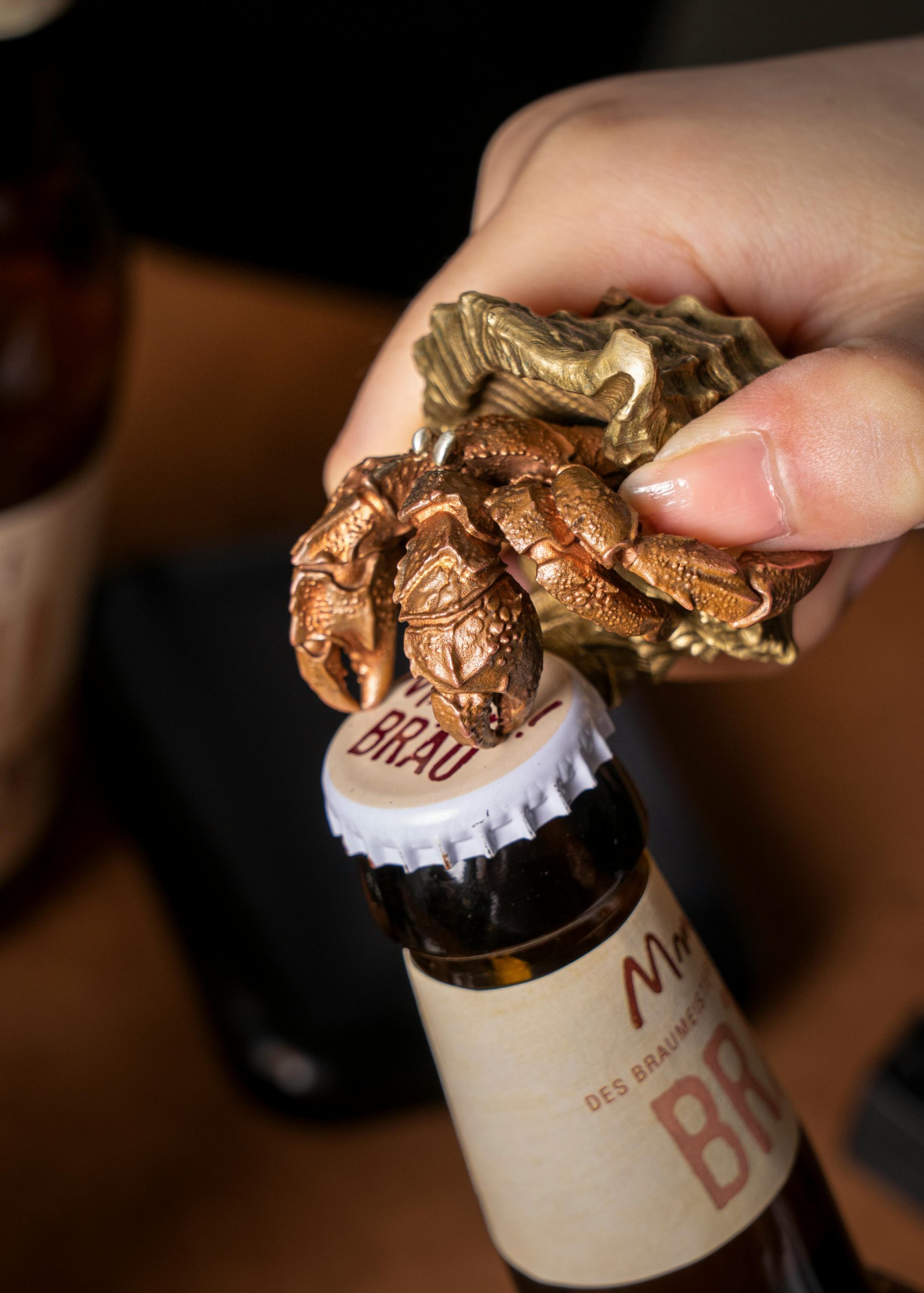Your cart is currently empty!

Steven Coulson
Steven has been drinking beers, wines and spirits for decades and has a propensity to go about them at length after a few drinks.
Latest Posts
- Dissecting The Beer Menu – An Irish Pub & Layered Brews

- Has anyone else noticed that every “limited release” somehow stays on shelves for months?

- Dissecting The Beer Menu – An Irish Pub & Layered Brews

- Headed to Asheville – looking for top breweries to get German style in cans / bottles

- Does anyone else feel guilty drinking beer alone because it’s supposed to be a social experience?

Categories
Tags
Social Links

The Illusion of Limited Releases in Craft Beer
In the ever-evolving world of craft beer, the concept of “limited releases” has become a topic of much discussion among enthusiasts. Have you noticed an increasing number of so-called limited edition brews lingering on shelves much longer than anticipated?
Just yesterday, I visited my local bottle shop, where I spotted a barrel-aged stout proudly touted as “extremely limited.” It had been sitting there since October, despite the shelf talker proclaiming that only 500 cases were produced. Surprisingly, the beer remained untouched, likely because many are hesitant to shell out $25 for a stout that doesn’t stand out from the crowd of other bourbon barrel-aged offerings.
Cast your mind back to when iconic brews like KBS (Kentucky Breakfast Stout) and BCBS (Bourbon County Brand Stout) would fly off the shelves. People would line up outside stores like Binny’s to get their hands on these coveted treats. Fast forward to today, and it’s a different story. Now, I can saunter into any reputable shop and find vintage 2020 BCBS sitting there, readily available as if it were a common six-pack of High Life.
It seems that breweries are producing an overwhelming amount of “limited” beers, resulting in many sitting on warmer shelves long after their optimal drink-by dates have passed. This phenomenon raises concerns about the integrity of the beer community and the marketing tactics employed by breweries.
The idea of artificial scarcity has become less of a clever marketing strategy and more of an embarrassing trend. As a consumer, I find myself frustrated by paying premium prices for what are often less rare than your average beer selection.
If breweries aspire to create truly exclusive products, they must either genuinely limit availability or refrain from misleading consumers about the rarity of their offerings. After all, authenticity reigns supreme in the craft beer world, and it’s high time we demand more than just clever marketing from our favorite breweries.
